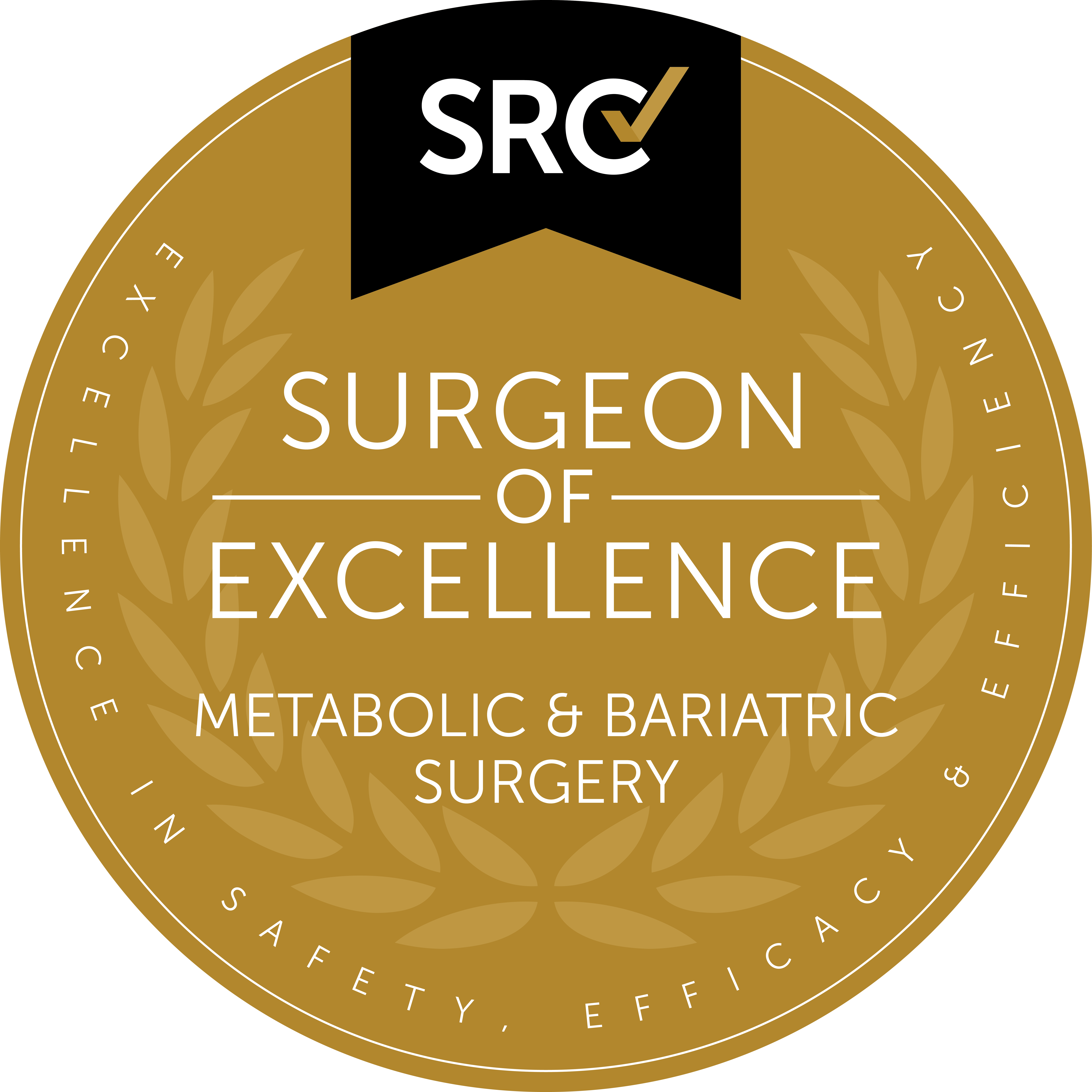Specialty
Obesity Surgery
Metabolic Surgery (Diabetic Surgery)
Proctology Surgery
Contact
Specialty
Obesity Surgery
Metabolic Surgery (Diabetic Surgery)
Proctology Surgery
Contact
Specialty
Obesity Surgery
Metabolic Surgery (Diabetic Surgery)
Proctology Surgery
Nowadays, with the influence of trends and popularity, many types of diets are being introduced and followed. Keto diet, intermittent fasting, Dukan, Atkins diet... There are many popular dietary approaches. But among all these options, which one is the most sustainable and healthy?
In 2010, at the international scientific symposium organized by the FAO (Food and Agriculture Organization) titled "Biodiversity and Sustainable Diets," the Mediterranean diet was declared a “Sustainable Diet,” and it has also been recognized by UNESCO as one of the world’s healthiest diets. Sustainable diets are those that support biodiversity and provide nutritionally adequate, safe, and healthy nourishment. At the same time, they optimize natural and human resources while being culturally acceptable, accessible, economically fair, affordable, and protective of ecosystems.
Rather than being a strict diet plan, the Mediterranean diet is a nutritional approach that focuses on the content of what we eat and cooking techniques. It is based on the traditional cooking and eating habits of countries bordering the Mediterranean Sea, which is also where it gets its name. The Mediterranean Diet Pyramid was first created in 1993 through a collaboration between Harvard School of Public Health and the World Health Organization. Research has shown that beyond its protective effect on overall health, the Mediterranean diet particularly helps prevent cardiovascular diseases. It also has positive effects on type 2 diabetes, cancer, obesity, and rheumatoid arthritis.
The Mediterranean diet is not just about consuming certain foods. It is also considered a lifestyle specific to the people living in the Mediterranean region. Therefore, the dietary pattern may vary across different societies. However, most Mediterranean diet models share similar characteristics.
This nutritional model is typically characterized by a high intake of fruits and vegetables, grains, legumes, and nuts, which provide a high amount of fiber. It includes moderate consumption of fish and poultry (2–4 times per week), low levels of red meat (1–2 times per month), and small amounts of red wine with meals (1 glass/day for women, 2 glasses/day for men). It is rich in olive oil and low in saturated fats.
Mediterranean-style eating is one of the healthiest dietary patterns. Due to its practicality and nutritious structure, the Mediterranean diet should not be treated as a short-term plan, but rather adopted as a lifestyle for it to be sustainable.

Dyt. Çisil Güneş
Temmuz 08, 2025
Did you find this content useful? Share it on your social media accounts:
Share with Facebook
Share with Twitter
Share with WhatsApp

Contact
+90 (533) 641 80 90
+90 (551) 690 80 90
[email protected]
Mimar Sinan, Işılay Saygın Sokak No: 23 K, D:1, 35220 Konak/İzmir
© 2023 Op. Dr. Mehmet Deniz - Izmir's First Metabolic Surgery Center
Designed By
Free Pre-Interview